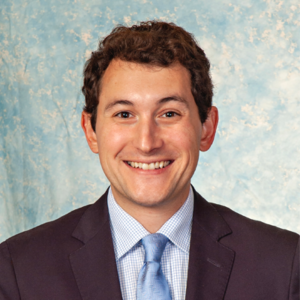Fifty-four years ago, in his State of the Union Message in January 1971, President Nixon proposed a visionary and vigorous new challenge. He said “The time has come in America when the same kind of concentrated effort that split the atom and took man to the moon” should be applied to finding a cure for cancer. He followed up by requesting an appropriation of $100 million, and the promise to ask for whatever additional funds could be effectively used.
Eleven months later, at an inspiring bipartisan ceremony in the East Room at the White House two days before Christmas, he signed the National Cancer Act of 1971. The President of the American Cancer Society, Dr. Alva Letton, said that the National Cancer Act was “probably the greatest thing that has ever been done by the United States” to conquer the dread disease that would claim almost 350,000 Americans the following year.
In December 2021, to mark the fiftieth anniversary of Nixon’s challenge and his landmark legislation, the Richard Nixon Foundation convened the first annual Nixon National Cancer Conference. The distinguished roster of speakers at the Nixon Library in Yorba Linda, California, included three Nobel laureates and several Directors –including the incumbent– of the National Cancer Institute.
That first conference assessed the amazing scientific and technological progress that was, in large part, generated or catalyzed by Nixon’s National Cancer Act, and how that evolution of knowledge transformed our ability to understand and deal with cancer. Former FDA and NCI Director Dr. Andrew von Eschenbach called Nixon’s National Cancer Act “one of the most transformational pieces of legislation of the 20th century.”
The second and third conferences looked at the improved outcomes that we are now able to deliver to patients, and where the future might possibly lead.
The fourth conference, held last month in Yorba Linda, took a different angle, dealing with the vital importance of how we communicate about cancer. The guest of honor was Dr. Monica Bertagnolli. In her last public appearance as director of the National Institutes of Health, she noted that “nobody cares if you’re sharing data if it’s not producing for you what you need.” She described the new NIH Data Ecosystem that will accelerate discovery by moving beyond piecemeal data sharing and creating the complete environment required for data use.
Dr. Bertagnolli said that one of the most important and lasting impacts of the Nixon National Cancer Act was the creation of a network of Designated Cancer Centers in communities all across America. Beginning with fifteen in 1971, today there are seventy-two of these Designated Cancer Centers in thirty-six states and the District of Columbia, conducting state of the art transdisciplinary research and delivering cutting-edge treatments to patients.
At the 1971 signing ceremony, President Nixon said “I hope that in the years ahead that we may look back on this day and this action as being the most significant action taken during this Administration.” At the time, many thought that was hyperbole. Today, thanks to the great progress resulting from that action, and the great promise of ongoing research and innovative treatments, many see it as prophecy.
Look for news and some exciting announcements about the fifth Nixon National Cancer Conference which will be held next January.












